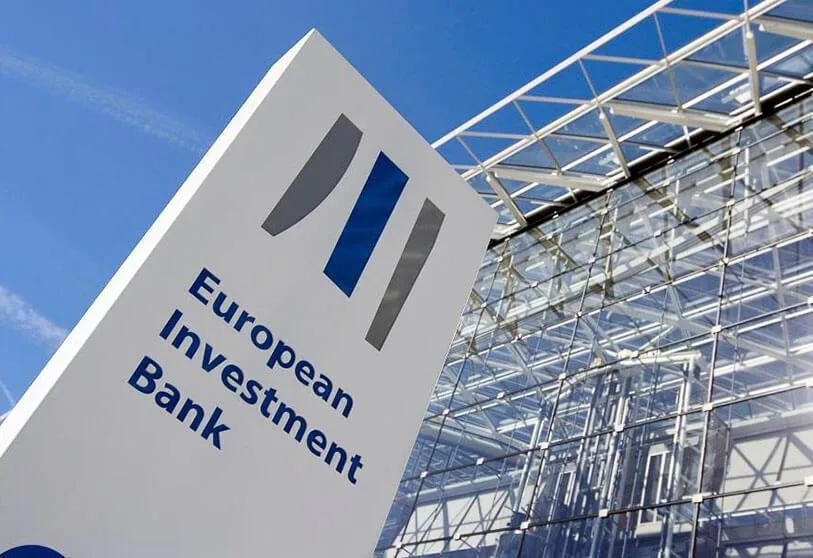Milan – The proposed reform of the European Union Customs Code is ambitious: it has an agenda that includes the introduction of the EU Data Hub and the creation of a new category of economic operators called Trust and Check Traders. A shift that aims to simplify controls and shipments but that risks harming small and medium-sized companies, which make up more than 90 percent of Italy’s business fabric.
Given the high volume of import-export and the boom in online trade, the Commission’s starting point is to transfer more responsibility to those who manage customs entries and exits. Involvement of these operators brings with it – for the new “Trust and Check operators” – various simplifications, such as self-clearance, self-check, dispensation from transit procedures for movements within the EU, including to and from the company, and to and from the EU border. More facilitation, but also more responsibility, financial, and other risks related to, for example, the application of duties or sanctions, considering the inevitable mistakes that can happen.
But even on the part of companies, the difficulties are not few. Already in the past few months, continental associations Clecat and Esc, but also national ones such as Confetra, expressed doubts about the ability of SMEs to adapt to the proposal, pointing out that many of them may not be able to afford the infrastructure and expertise needed to obtain Trust and Check Trader status. This new status would require transparency in the supply chain and the ability to clear imports themselves without having to physically present them to customs.
In addition, the proposal calls for customs representatives to take on new responsibilities, such as direct access to operators’ computer systems and real-time tracking of shipments, which could make them reluctant to accept these responsibilities, further slowing down trade. This could have hurt SMEs, which often depend on logistics services provided by customs brokers.
Importers and exporters will fall under the category of ‘Trust and Check Trader’ (an updated version of the so-called ‘Authorized Economic Operator’), whereby, for example, transporters and storage operators will be obliged to supplement and correct information provided by other actors in the supply chain, without being able to access information on the data hub that is not directly related to them.
Finally, the focus on the importer and exporter overshadows the role of intermediaries, such as customs and logistics service providers, whose services are vital, particularly for many SMEs that cannot afford their own specialized customs staff and IT systems.
Small and medium-sized enterprises could be at a disadvantage with fewer opportunities to access logistics services and greater difficulties in meeting the new requirements imposed by the EU Customs Code reform. The result is, therefore, a potential slowdown in the flow of goods at the border and more uncertainty for SMEs dependent on foreign trade.
English version by the Translation Service of Withub




![La presidente della Commissione europea, Ursula von der Leyen, e la sua squadra di commissari in Parlamento Ue [Strasburgo, 27 novembre 2024]](https://www.eunews.it/wp-content/uploads/2024/11/vdl-2-350x250.png)




